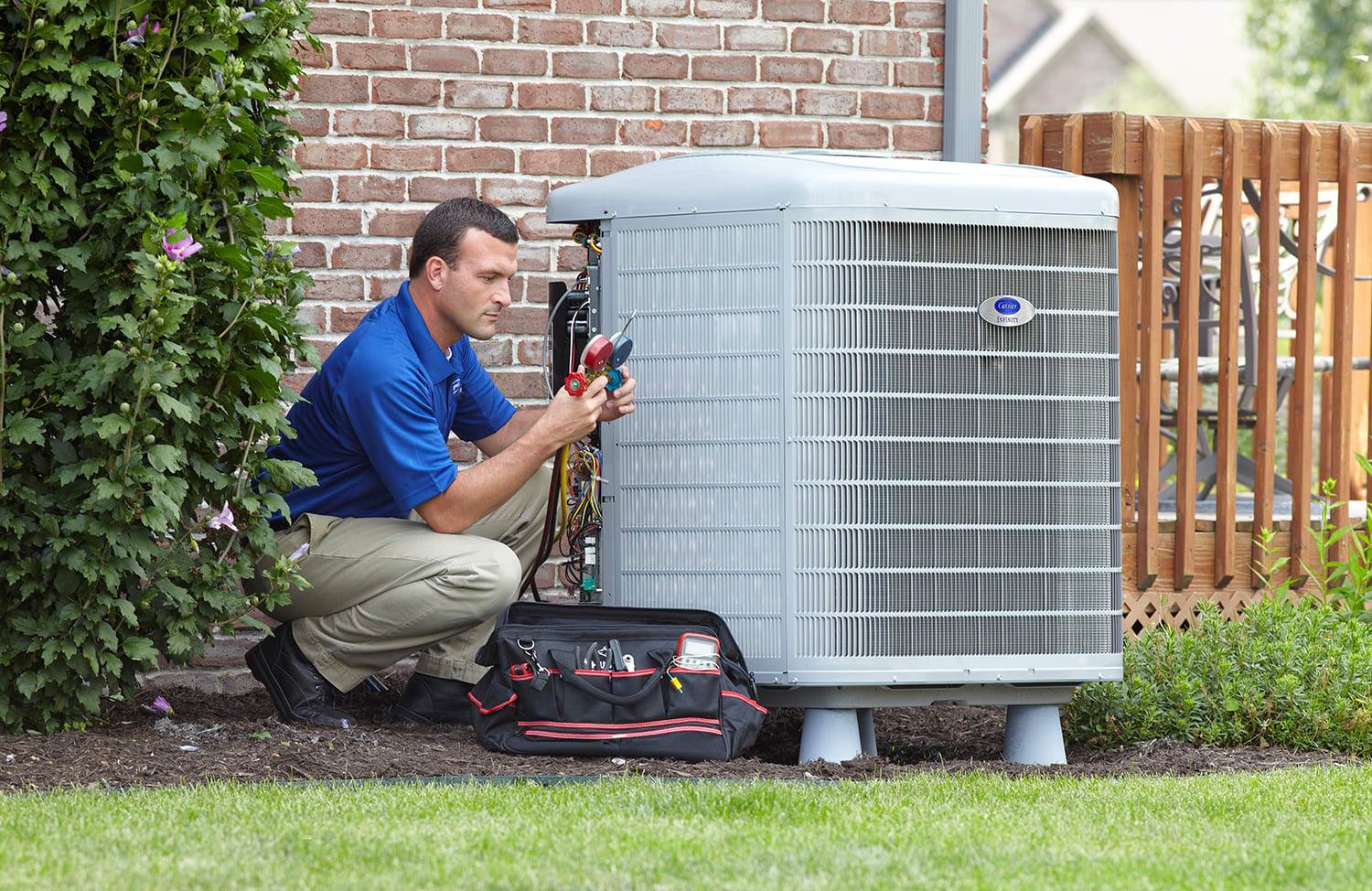
Optimizing Comfort: Essential Heat Pump Maintenance

Optimizing Comfort: Essential Heat Pump Maintenance
Efficient heat pump maintenance is crucial for ensuring your HVAC system operates at its best, providing optimal comfort year-round. In this comprehensive guide, we’ll explore the importance of heat pump maintenance and the steps you can take to keep your system in top condition.
Understanding the Role of Heat Pumps
Heat pumps play a dual role in both heating and cooling your home. During colder months, they extract heat from the outside air and transfer it inside to warm your home. In warmer months, the process is reversed, and they remove heat from your indoor air, transferring it outside to cool your living spaces. This versatility makes heat pumps a popular and energy-efficient choice for home comfort.
The Significance of Regular Maintenance
Regular maintenance is essential to ensure your heat pump operates efficiently and maintains its longevity. Neglecting maintenance can lead to decreased efficiency, increased energy consumption, and potential system breakdowns. By incorporating routine maintenance into your HVAC care plan, you can optimize performance and save on energy costs.
Cleaning and Replacing Air Filters
One of the simplest yet most effective maintenance tasks is cleaning or replacing the air filters regularly. Clogged filters restrict airflow, causing the system to work harder and reducing efficiency. This task is easily manageable and contributes significantly to maintaining a smooth and efficient operation.
Inspecting and Cleaning Coils
Both the evaporator and condenser coils of your heat pump should be inspected and cleaned regularly. Over time, dirt and debris can accumulate on these coils, hindering heat exchange. Cleaning them ensures proper heat transfer and improves overall system efficiency.
Checking Thermostat Accuracy
A well-calibrated thermostat is essential for accurate temperature control. Periodically check the accuracy of your thermostat and recalibrate it if necessary. This ensures your heat pump responds appropriately to temperature settings, preventing energy wastage and maintaining a comfortable indoor environment.
Examining Refrigerant Levels
A crucial aspect of heat pump maintenance is monitoring refrigerant levels. Insufficient or excessive refrigerant can lead to decreased efficiency and potential damage to the compressor. If you notice any signs of refrigerant issues, such as insufficient heating or cooling, it’s essential to consult a professional for inspection and recharging.
Inspecting Ductwork for Leaks
Leaky ductwork can compromise the efficiency of your heat pump system. Regularly inspect and seal any leaks or gaps in the ductwork to prevent heat loss or gain. Well-sealed ducts contribute to consistent heating and cooling throughout your home.
Lubricating Moving Parts
Heat pumps have various moving parts, such as fan motors and other components, that benefit from regular lubrication. Proper lubrication reduces friction and wear, preventing premature component failure and ensuring smooth operation. Consult your system’s manual for guidance on lubrication intervals and appropriate lubricants.
Examining and Tightening Electrical Connections
Faulty electrical connections can lead to system malfunctions or even damage. Regularly inspect and tighten electrical connections to ensure they are secure and free of corrosion. Loose connections can disrupt the flow of electricity and compromise the overall performance of

